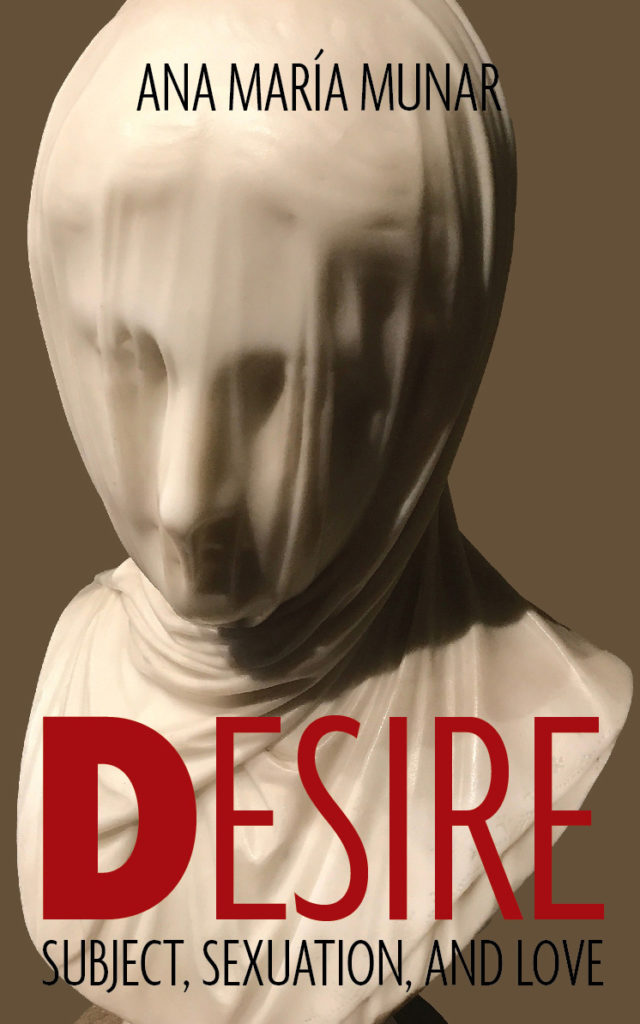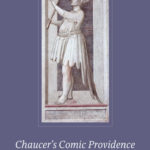Have you ever wondered what makes you wake up in the morning? Why not just lay down, stay, and eventually disappear? What is the wanting, the energy, and the grace of liveliness? Desire is at the core of liveliness, and this book explains why it is so. Desire is much more than a mere appendix to love, sex, or our craving to have the latest fashion item. It is what allows the most personal and unique expression of each of us.
Desire: Subject, Sexuation, and Love is a work of gratitude to the Lacanian tradition and feminist philosophy. It creatively uses the story of “The Little Mermaid” by H.C. Andersen, art, and popular culture to explain the complex landscape of desire and its relation to love and sexuation. Much of the criticism toward psychoanalysis from gender studies and poststructuralism is based on a superficial reading of Jacques Lacan. Desire: Subject, Sexuation, and Love provides a rigorous and clear analysis of Lacanian subjectification and sexuation, elucidating their relationship to the nature of desire and love, and contributing to modify simplistic and erroneous interpretations.
This book is essayistic and poetic philosophy. Ana María Munar plays with genres and uses psychoanalysis, philosophy, literature, biography, poetry, and art. As the reader enters the second part of the book, the focus on Lacanian theory recedes, creating a space that is more paradoxical and multiple. Such experimentation opens the text and its possible associations and interpretations. Munar applies creative form as an expression of critique, transforming the understanding of desire and love.





 Ana María Munar is Associate Professor at the Department of Business Humanities and Law of Copenhagen Business School. Her scholarship is postdisciplinary and characterized by the application of experimental writing, critical theory, and philosophical thought to gender studies, higher education, and tourism studies. In recent years, Ana’s research has focused on the philosophy of desire and emotion, feminist epistemology, poststructuralism, and postdisciplinarity. Ana’s passion lies in philosophizing and developing creative academic communities, where love and joy are possible. One of these is the Critical Tourism Studies network that she has co-chaired together with Professor Kellee Caton. She is the author and editor of several book anthologies and special issues, and has written over forty academic articles and book chapters. Her philosophical and gender research combines academic publications with advocacy and action research projects. Her latest collective work is an open source multimedia platform and a book on Sexism in Danish Higher Education and Research.
Ana María Munar is Associate Professor at the Department of Business Humanities and Law of Copenhagen Business School. Her scholarship is postdisciplinary and characterized by the application of experimental writing, critical theory, and philosophical thought to gender studies, higher education, and tourism studies. In recent years, Ana’s research has focused on the philosophy of desire and emotion, feminist epistemology, poststructuralism, and postdisciplinarity. Ana’s passion lies in philosophizing and developing creative academic communities, where love and joy are possible. One of these is the Critical Tourism Studies network that she has co-chaired together with Professor Kellee Caton. She is the author and editor of several book anthologies and special issues, and has written over forty academic articles and book chapters. Her philosophical and gender research combines academic publications with advocacy and action research projects. Her latest collective work is an open source multimedia platform and a book on Sexism in Danish Higher Education and Research.